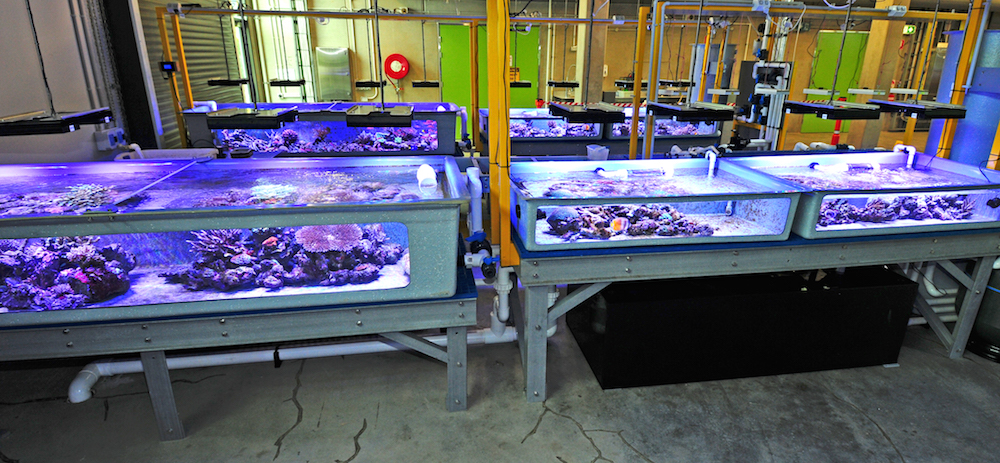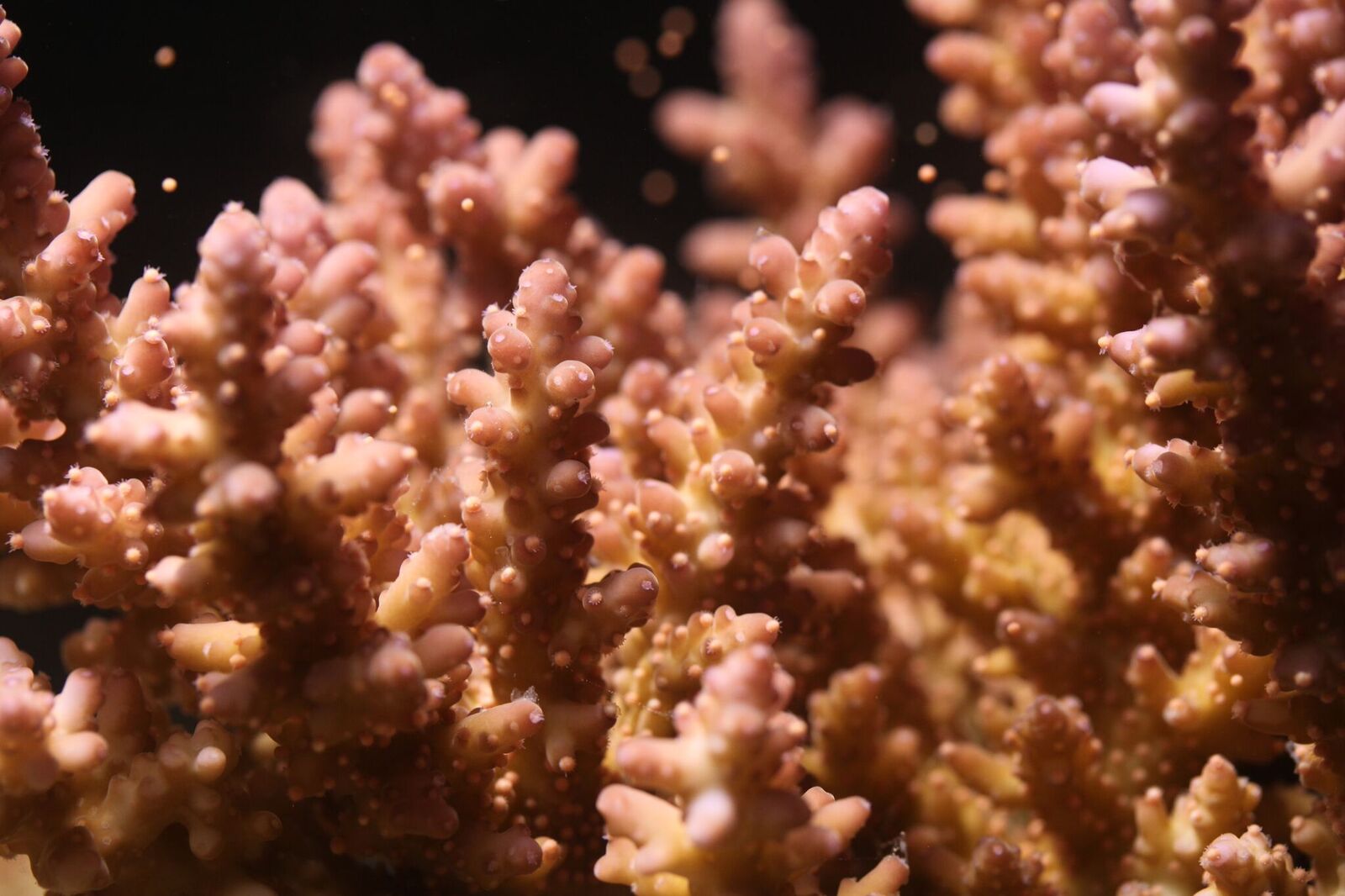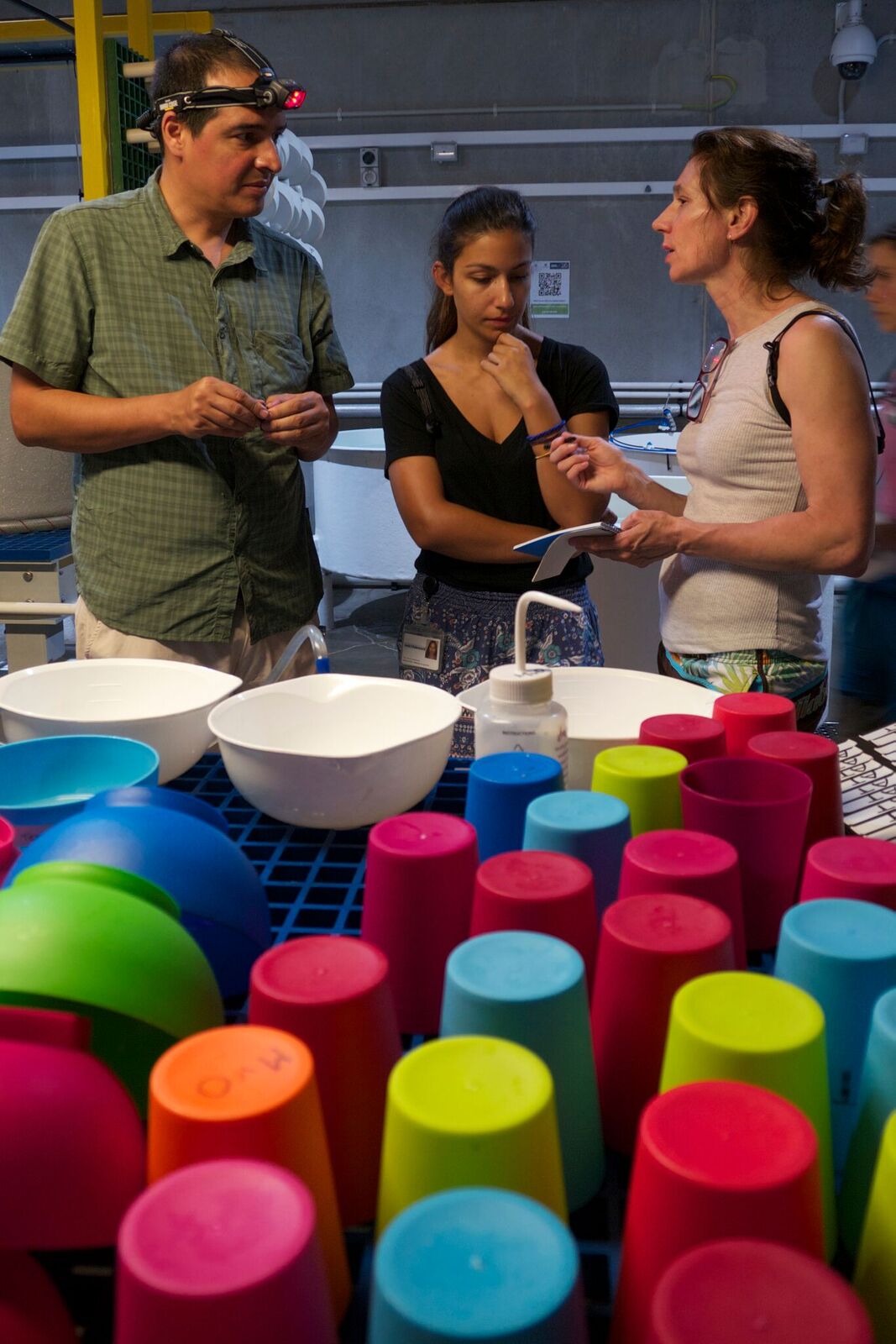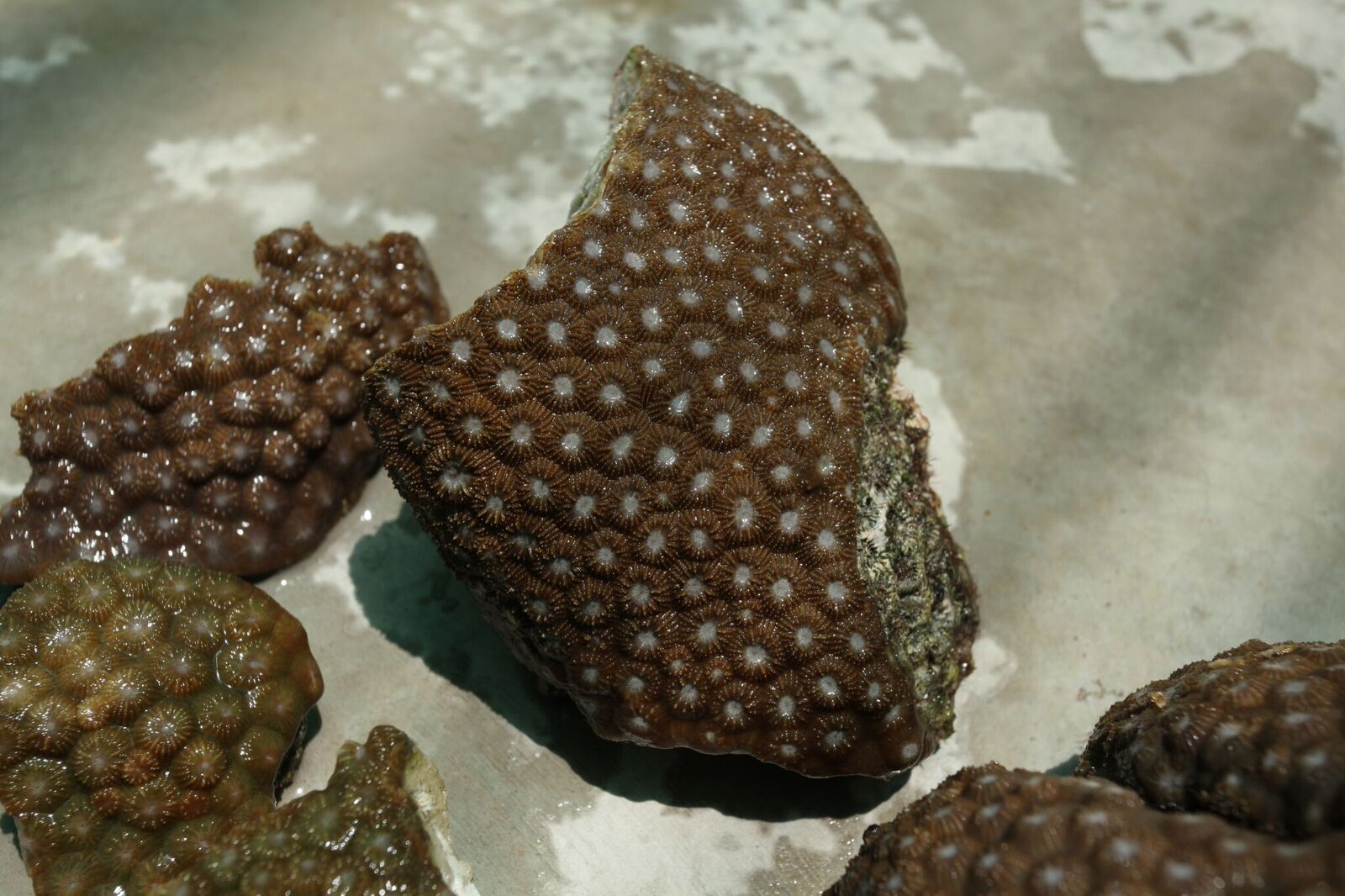Three ways to save stressed-out coral

What if coral could be made more resistant to the effects of climate change?
Published 10 December 2015
Coral reefs are a cornucopia of sea life.
They occupy less than 0.1 per cent of the ocean’s surface area, but are home to about a quarter of all marine species.
But coral cover and coral reef health have been on the decline in recent years, giving rise to concerns that corals are unable to adapt or acclimatise fast enough to cope with the rapid pace of climate change.
Corals are anemone-like animals that build the three-dimensional structures that make up coral reefs by laying down their calcium carbonate skeletons. Skeleton growth is enhanced by single-celled algae, called Symbiodinium, that live inside the coral tissues.
These algae are essential for the survival of reef-building corals.

They provide corals with most of their food; they capture the sunlight and use this energy source to make sugars, a substantial amount of which is transferred to the coral host.
How has climate change affected this?
Humans are responsible for a 40 per cent increase in atmospheric carbon dioxide (CO2) since pre-industrial times. For marine systems, rising CO2 levels manifest in various ways, including shifts in ocean chemistry (ocean acidification) and rising ocean temperature, as well as an increasing frequency and intensity of storms. These disturbances can have severe negative impacts on marine ecosystems, including tropical coral reefs.
Heat stress often leads to a disruption of the close association between coral and its algae, and causes a loss of the algae from the coral tissues, leading to paling of the coral colony (i.e. coral bleaching).
If unfavourable seawater conditions persist, and this tight association cannot recover, the coral will die.
A link also exists between warming oceans and an increased occurrence of coral disease. Coral bleaching and disease account for about 12 per cent of the approximately 51 per cent decline in coral cover over the period 1985-2012 on the Great Barrier Reef (GBR), while storms are responsible for about 34 per cent.

The effects of ocean acidification on reef corals are less well understood compared to the effects of ocean warming, but some studies indicate that lowering of ocean pH may lead to a decline in coral calcification rates resulting in slower growth and more brittle skeletons.
Whatever deal may be struck in Paris, climate models tell us that further ocean warming and acidification is all but inevitable.
This year has seen a very strong El Niño event, with severe temperature-related bleaching already having occurred on coral reefs in the northern hemisphere.
It is expected that the GBR will be affected by an unusually warm summer with extensive coral bleaching.
So how do we protect these beautiful life systems?
The research in my group focuses on the development of coral stocks with an increased ability to resist environmental stress and to cope with predicted future ocean conditions.
The approaches we are using are also used in improvement of crops, livestock, and aquaculture species as well as in wood production and are based on the acceleration of naturally occurring evolutionary processes.
This approach, referred to as (human)-assisted evolution, does not create genetically modified organisms (GMOs) – no new genetic material is being inserted into corals – our work focuses on accentuating and optimising characteristics already present in some corals.
As a first step toward this goal, we have cultured the algae that live inside the coral, and are exposing them to elevated temperature and CO2 levels for many cell generations in the laboratory.
Every time a cell divides its genome is copied, but the enzymes that conduct this task occasionally make errors, leading to mutant cells. Most of these mutants die, but some of those that survive may perform better under the new environmental conditions and will grow and outcompete cells that lack the mutation.
We will offer these evolved algae to young corals and see what happens.
Our second approach involves the manipulation of bacterial populations that associate with corals. Thousands of bacterial species live on and in a coral colony, playing important roles in nutrient cycling and defence against pathogens.
The role of individual bacterial species in environmental stress tolerance of corals is not well understood, but in other biological systems it has been shown that associations with certain bacterial species result in higher environmental stress tolerance. We will expose coral larvae to different bacterial communities and examine whether these communities are stable and how this affects the coral’s performance under predicted future ocean conditions.
Thirdly, we will selectively breed corals in the laboratory by crossing parents that are known to be relatively stress-tolerant. We will also cross coral species to produce hybrids, and investigate whether they perform better than the purebreds under elevated ocean conditions.

Finally, we will examine whether exposure of parental coral colonies to elevated conditions results in more tolerant offspring via non-genetic (epi-genetic) processes.
While the root causes of climate change need to be addressed, ways of mitigating the impacts of climate change on our natural systems need to be explored. Our project is one possible biological approach to preserve some of the stunning biodiversity present on the world’s coral reefs today.
Banner Image: Neal Cantin
